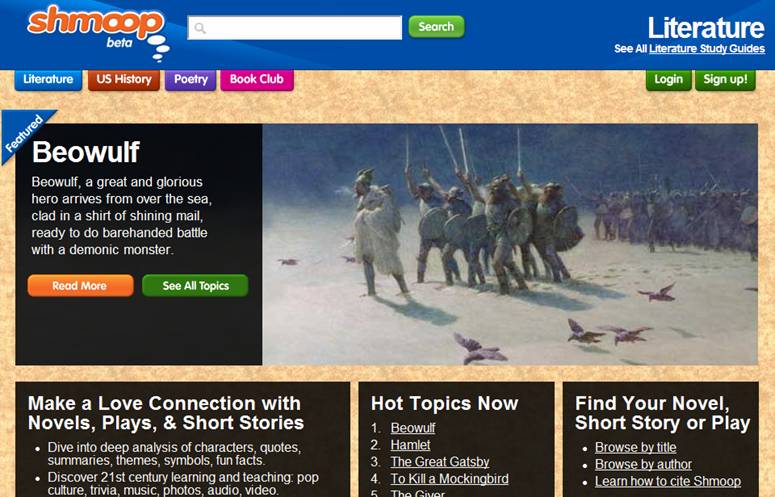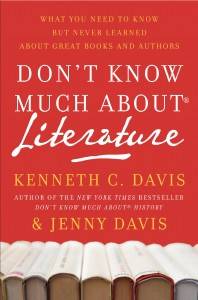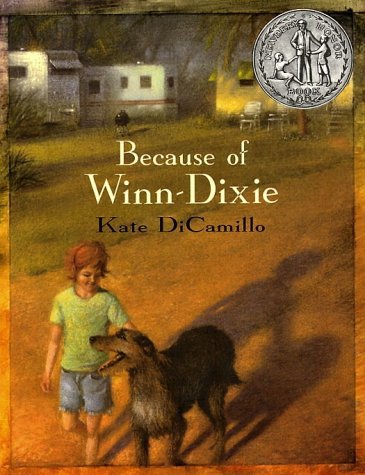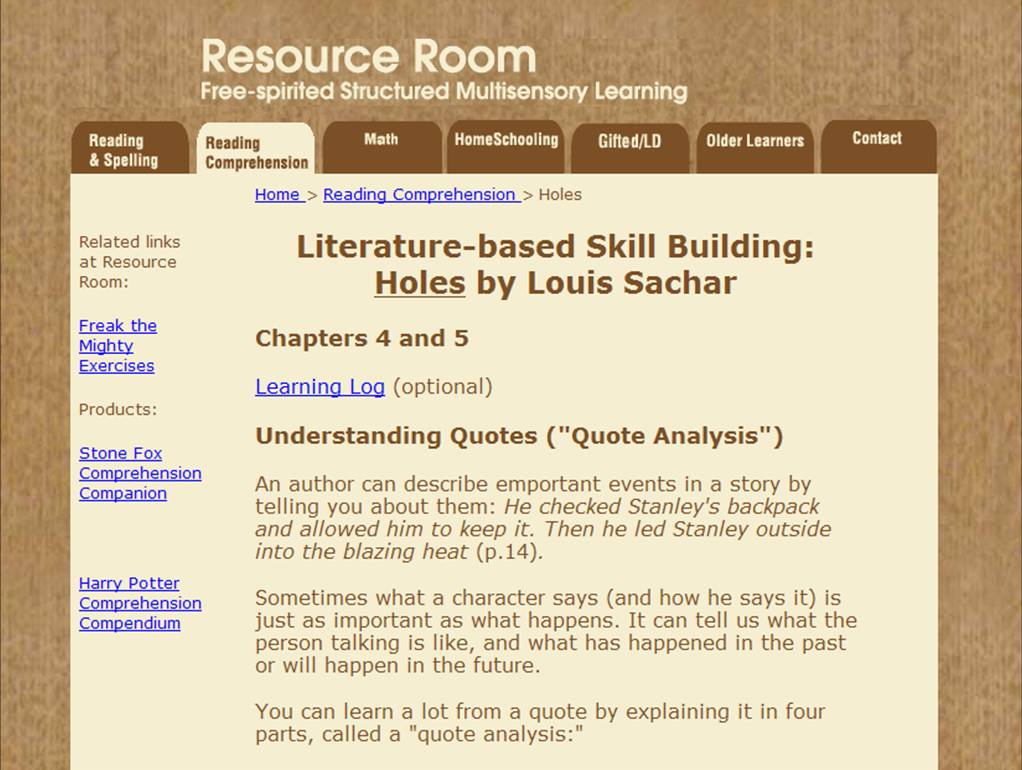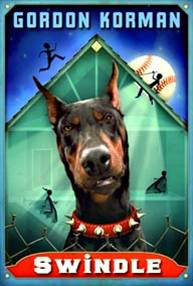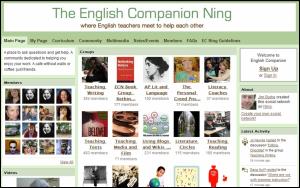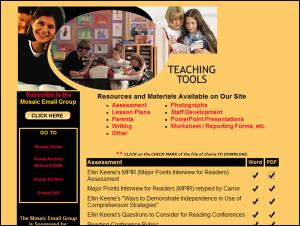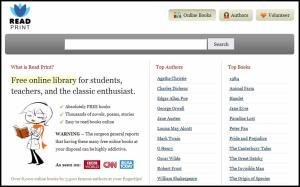 If you're looking for the best site of its kind, I highly recommend ReadPrint. Unlike other literary classics sites, ReadPrint is incredibly lean and clean, with a modern interface with no annoying ads or upsells. Over 8,000 books by 3,500 authors available at your fingertips.
If you're looking for the best site of its kind, I highly recommend ReadPrint. Unlike other literary classics sites, ReadPrint is incredibly lean and clean, with a modern interface with no annoying ads or upsells. Over 8,000 books by 3,500 authors available at your fingertips.Like most other sites, you can search by either author, title, or writing type (essay, fiction, nonfiction, play, short story, poem). But what's really nice is that ReadPrint also provides you the author's biography and selected quotes. The quotes alone are worth the visit! I found myself reading through dozens of these, thinking how each could be used as a great thinking prompt at the start of class.
What happens so often as we get involved with new writers and new books is we forget how terrific the "old school stuff" really is. Take this character description from the opening page of Treasure Island as an example:
I remember him as if it were yesterday, as he came plodding to the inn door, his sea-chest following behind him in a hand-barrow--a tall, strong, heavy, nut-brown man, his tarry pigtail falling over the shoulder of his soiled blue coat, his hands ragged and scarred, with black, broken nails, and the sabre cut across one cheek, a dirty, livid white. I remember him looking round the cover and whistling to himself as he did so, and then breaking out in that old sea-song that he sang so often afterwards:Arr, that be good writin.' And there's plenty more where that came from. Give ReadPrint a visit; it's sure to become your go-to site for classical inspiration.
"Fifteen men on the dead man's chest-- Yo-ho-ho, and a bottle of rum!" in the high, old tottering voice that seemed to have been tuned and broken at the capstan bars. Then he rapped on the door with a bit of stick like a handspike that he carried, and when my father appeared, called roughly for a glass of rum. This, when it was brought to him, he drank slowly, like a connoisseur, lingering on the taste and still looking about him at the cliffs and up at our signboard.
"This is a handy cove," says he at length; "and a pleasant sittyated grog-shop. Much company, mate?"
My father told him no, very little company, the more was the pity.
"Well, then," said he, "this is the berth for me. Here you, matey," he cried to the man who trundled the barrow; "bring up alongside and help up my chest. I'll stay here a bit," he continued. "I'm a plain man; rum and bacon and eggs is what I want, and that head up there for to watch ships off. What you mought call me? You mought call me captain. Oh, I see what you're at-- there"; and he threw down three or four gold pieces on the threshold. "You can tell me when I've worked through that," says he, looking as fierce as a commander.





